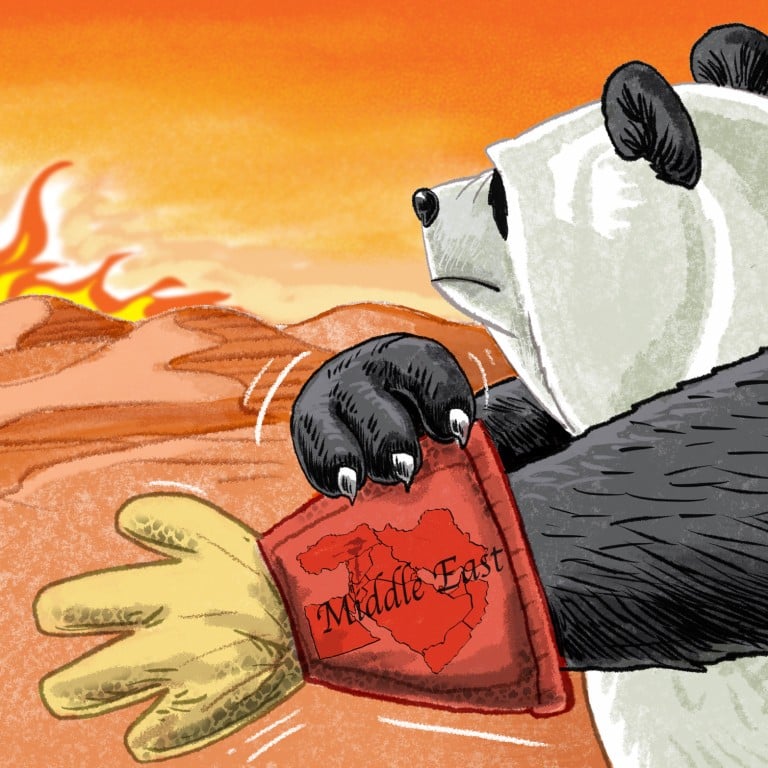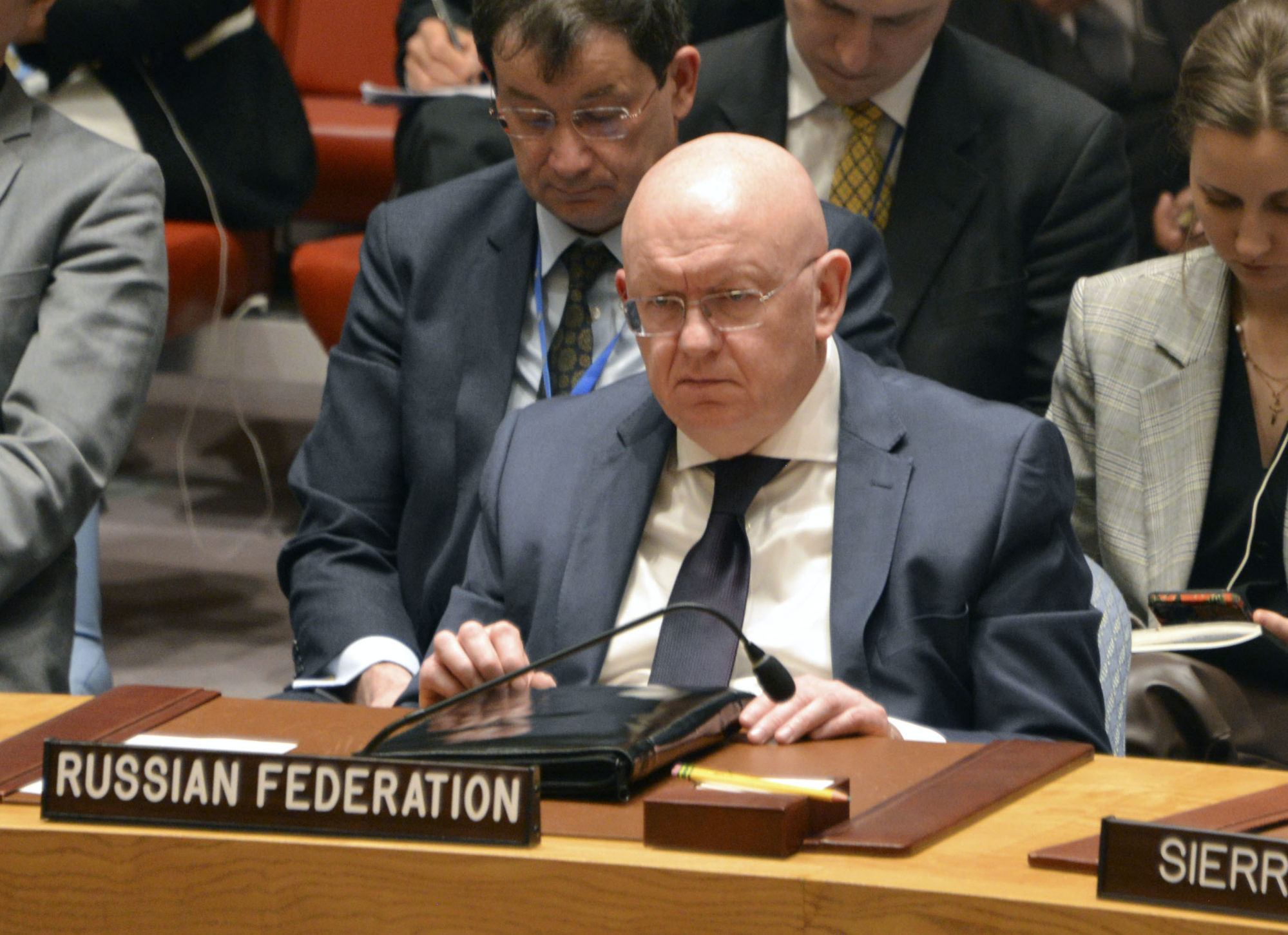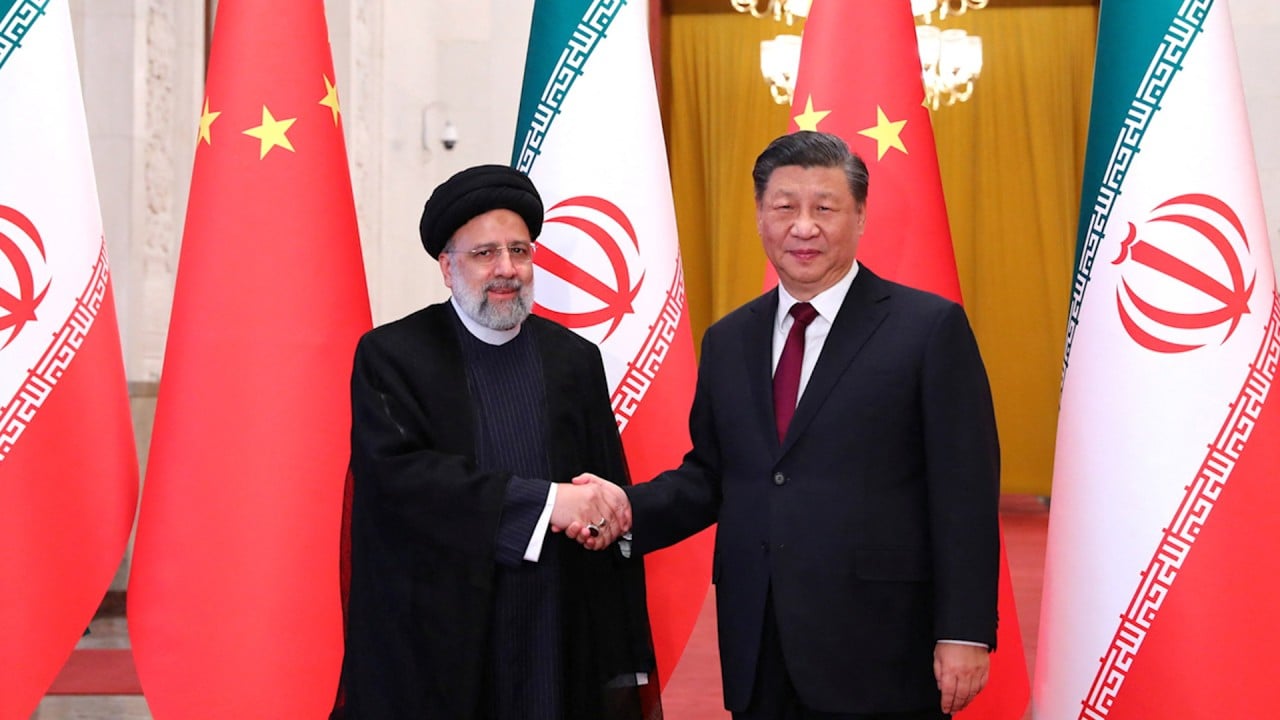
World needs China to take up diplomatic gauntlet in Middle East
- As it seeks to project itself as a major global power in contrast to the US, China would be well advised to review its tangible contribution to the global good
- Beijing has a rare opportunity to explore options for lowering the temperature in the region, by first seeking to end the spiral of violence and enable tentative negotiations
Russia’s representative to the UN, Vassily Nebenzia, said the US actions had increased the level of instability in an already “burning” region. In a more temperate turn of phrase, Zhang Jun, China’s ambassador to the UN, noted that US military action was creating new turmoil in the Middle East and called on all countries concerned to stop acting out of self-interest, adding: “We are standing at a critical crossroads and should not forget that we are all in the same boat.”

Scholars Zha Daojiong and Dong Ting wrote in an Asian Perspective journal article last year that Xi’s speech “used the expression ‘anquan buke fenge’ put forward as a principle (‘yuanze’). The core elements therein are ‘anquan’ (security) and ‘buke fenge’ (not to be divided or separated in conceptualisation). When used to discuss topics pertaining to national security and/or international affairs, ‘buke fenge’ can be translated into English as ‘inalienable’, ‘inseparable’ or ‘indivisible’.”
Why China is unlikely to be able to cut the Israel-Palestine Gordian knot
The situation is fraught with danger. CIA director Bill Burns cautioned in a recent essay that: “I have spent much of the last four decades working in and on the Middle East, and I have rarely seen it more tangled or explosive.”
The Indian experience of the early Cold War decades, when there was a near breakdown between the US and former Soviet Union, could be instructive. Despite its modest economic and military profile, New Delhi with Prime Minister Jawaharlal Nehru at the helm punched well above its weight and made a significant contribution in the Korean war armistice, the acceptance of the partial nuclear test ban treaty and in enabling Austria to remain neutral and safe from the Soviet embrace.
It would be disappointing if China chose to punch well below its economic weight and technological clout and failed to realise its professed commitment to “indivisible security”. This crisis is an opportune moment for Beijing to douse the fires.
Commodore C. Uday Bhaskar is director of the Society for Policy Studies (SPS), an independent think tank based in New Delhi


